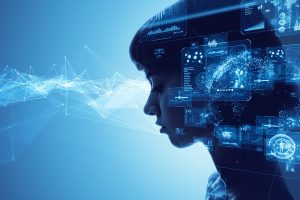UK Digital, Culture, Media and Sport Secretary Matt Hancock has announced plans for a digital conference to promote closer co-operation with France in the digital economy.

Matt Hancock
The digital conference will take place this year and foster cross-Channel collaboration between academics, industry and government.
Its aim is to help both countries seize the economic and social benefits of fast-developing tech such as AI, and the conference will bring together experts on data, cyber security, digital government and digital skills to share their knowledge.
The countries also reaffirmed their commitment and support for the principle of net neutrality, which promotes a free and open internet.
This follows the launch this week of an Anglo-French alliance linking Imperial College London and the French National Centre for Scientific Research to strengthen relations in academic subjects underpinning AI, and the Franco-British AI Conference at the Alan Turing Institute on Tuesday.
Digital, Culture, Media and Sport Secretary Matt Hancock, writes:
“The UK and France are strengthening ties in technology and innovation. Both countries benefit when our digital economies are strong and the event will deepen our bonds and foster cross-Channel collaboration between those at the forefront of modern technology.”
Hancock met his French counterpart, Françoise Nyssen, at the UK France Summit hosted by the Prime Minister and the French President, Emmanuel Macron, at Royal Military Academy in Sandhurst.
The UK government hopes to build n the UK’s strong position in attracting tech venture capital funding with a particular focus on artificial intelligence (AI) implementation.
France has made big strides in creating new tech businesses and encouraging entrepreneurs, with Paris’s newly built Station F, a former railway station hosting startups, multinationals and investors, symbolising the country’s ambition.
Julian David, CEO of techUK, believes it is a significant step towards greater collaboration between the British and French tech sectors.
“Both countries share similar opportunities and challenges as we build our leading digital economies through technologies like artificial intelligence, Internet of Things and cyber security,” said David.
 Electronics Weekly Electronics Design & Components Tech News
Electronics Weekly Electronics Design & Components Tech News



